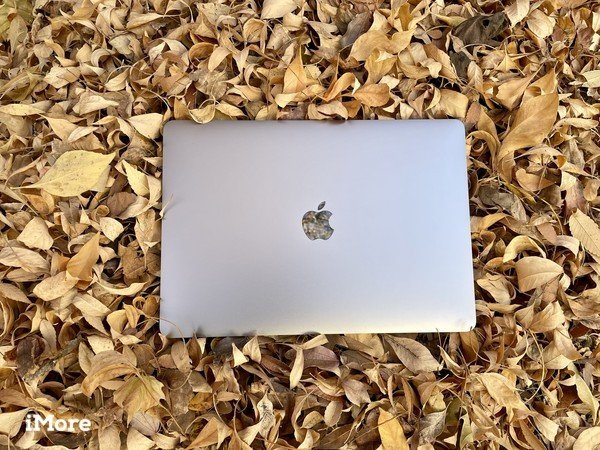Microsoft Visual Studio Code now supports Apple's M1 chips
M1 Mac owners will see better performance and battery life when using the updated Visual Studio Code.

All the latest news, reviews, and guides for Windows and Xbox diehards.
You are now subscribed
Your newsletter sign-up was successful
What you need to know
- Microsoft Visual Studio Code now supports Apple new silicon.
- The support for Apple's Silicon means that the app doesn't have to run through emulation.
- As a result, the app should perform better and use less power.
Microsoft Visual Studio Code now officially supports Apple's new silicon. The update brings improved performance and better battery life when using the app because it no longer has to run through emulation.
The update brings Visual Studio Code to version 1.54. The post announcing the update is titled "February 2021," but the update actually came out yesterday (via iMore).
With support for Apple's new silicon, owners of the M1 versions of the MacBook Pro, MacBook Air, and Mac mini will see the benefits of a native app. Those are three of the best Macs you can buy, and future Mac devices will also run on Apple's silicon.
Microsoft said in its post announcing the update:
We are happy to announce our first release of stable Apple Silicon builds this iteration. Users on Macs with M1 chips can now use VS Code without emulation with Rosetta and will notice better performance and longer battery life when running VS Code. Thanks to the community for self-hosting with the Insiders build and reporting issues early in the iteration.The default download of VS Code for macOS is now a Universal build that runs natively on all Macs. On the Downloads page, you can find more links to architecture-specific builds for Intel or Apple Silicon, which are smaller downloads compared to the Universal package.
The update is a universal one, which means that there is one version of the app that will work on Macs no matter what type of chip they run.
In addition to adding support for Apple's new silicon, the update brings improvements to Timeline view, improvements to keyboard navigation for toolbars and tabs, and several other changes.
All the latest news, reviews, and guides for Windows and Xbox diehards.

Sean Endicott is a news writer and apps editor for Windows Central with 11+ years of experience. A Nottingham Trent journalism graduate, Sean has covered the industry’s arc from the Lumia era to the launch of Windows 11 and generative AI. Having started at Thrifter, he uses his expertise in price tracking to help readers find genuine hardware value.
Beyond tech news, Sean is a UK sports media pioneer. In 2017, he became one of the first to stream via smartphone and is an expert in AP Capture systems. A tech-forward coach, he was named 2024 BAFA Youth Coach of the Year. He is focused on using technology—from AI to Clipchamp—to gain a practical edge.
